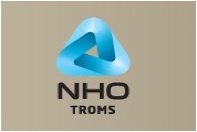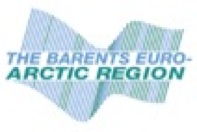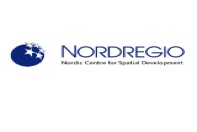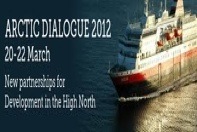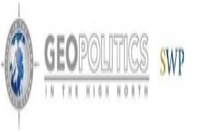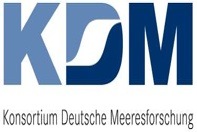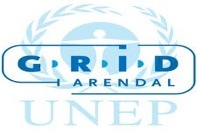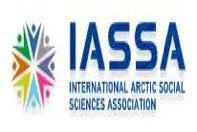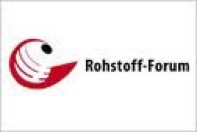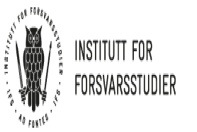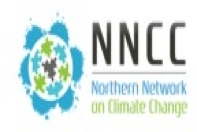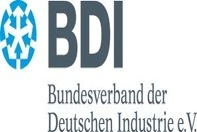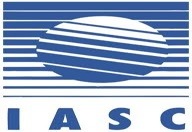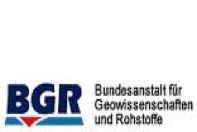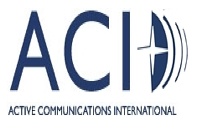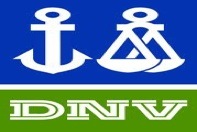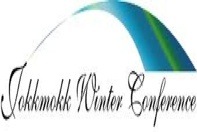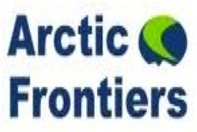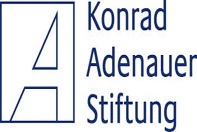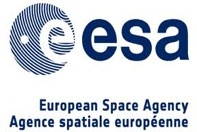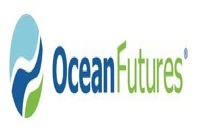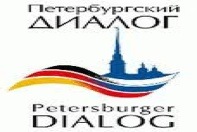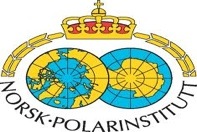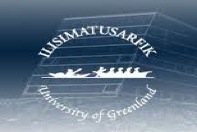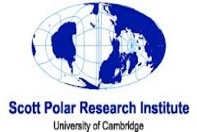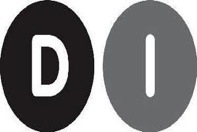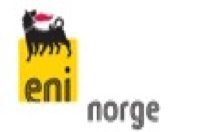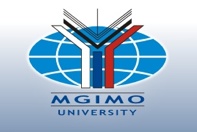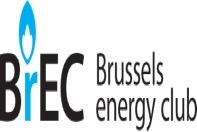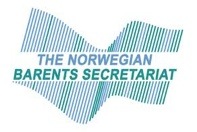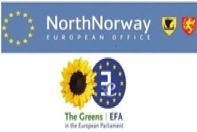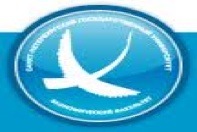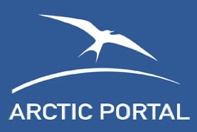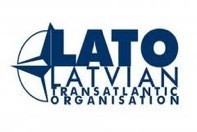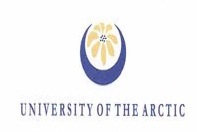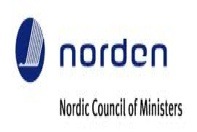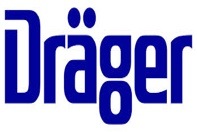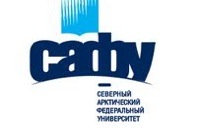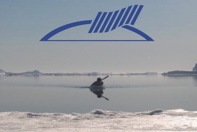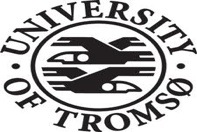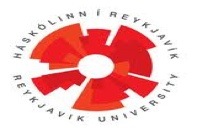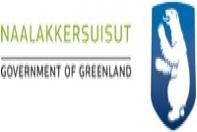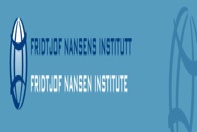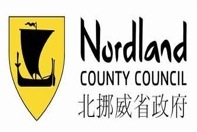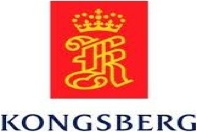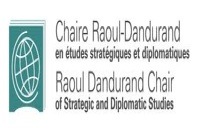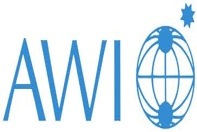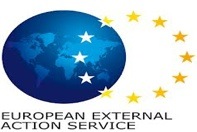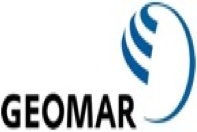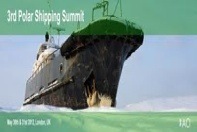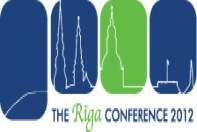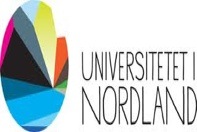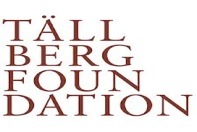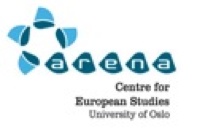Future challenges and opportunities in the Arctic discussed during the high-level conference – Arctic Future Symposium 2012
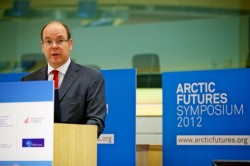
His Serene Highness Prince Albert II of Monaco speaking at the Arctic Futures Symposium 2012. Picture: International Polar Foundation/Arnaud Ghys
No race for resources, a need to adapt to climate change and a call for more cooperation in the Arctic were some of the conclusions of the Arctic Futures Symposium 2012. The conference took place in Brussels on the 4th & 5th October and was the third annual conference organised by the International Polar Foundation in partnership with the Prince Albert II of Monaco Foundation. The conference gathered leading researches and experts, policymakers, Ambassadors and government representatives from the EU and Arctic nations, Arctic indigenous peoples and industry representatives.
The conference was opened by HSH Prince Albert II of Monaco who highlighted the need for knowledge about the region and better cross-border cooperation in view of making more efficient use of the research. The opening statement was followed by a keynote speech from the European Commissioner for Maritime Affairs and fisheries, MariaDamanaki which presented the joint communication, from the European Commission and the External Action Service, on the EU and the Arctic region. Damanaki emphasised that the European Union has an important role to play in supporting successful Arctic co-operation and in helping to meet the challenges that now confront the region. “This should be done by supporting Arctic research, boosting economic development, combating global warming and developing greener technologies, while collaborating in international bodies to set high environmental and safety standards for the Arctic,” said the commissioner.
Call for action: Address common challenges
The first panel debate was a high-level roundtable discussion with senior policymakers and representatives from the Arctic Council nations, led by Charles Emmerson, Senior Research Fellow for the Energy, Environment and Development Program at Chatham House and the author of The Future History of the Arctic. The common approach from the Arctic Senior Officials was that there is no race for resources as all the resources are within the continental shelves and thereby under national jurisdiction. They all emphasised the importance of cooperation between the Arctic Council member states. They have common objectives in protecting the environment, a need for better living conditions for the local populations and ensuring sustainable economic development. And they all agreed that the Arctic Council should be the prominent actor in the region. The general message from the Arctic Council member states was that there is a need for more research and international cooperation.
The Swedish ambassador to the Arctic and current chair of the Senior Arctic Officials group, Gustav Lind, highlighted the need to protect the Arctic from oil exploration risks. This could be done by establishing safety measures, sharing best practices and developing agreements on cooperation in oil-spill responses. Reductions in black carbon emissions can be used as a means to reduce climate change, he said. Lind also supported business development in the Arctic to strengthen the local communities.
Canada, who is taking over the chairmanship of the Arctic Council in 2013, was represented by David Plunkett, the Ambassador of Canada to the European Union. He underlined the need for strict regulations on shipping and oil and gas extraction. This was also supported by the Russian representative, Alexander Kristiyanov, the deputy permanent representative of the Russian Federation to the European Union and European Atomic Energy Community.
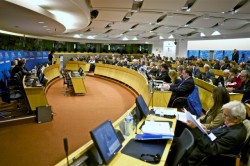
The Arctic Futures Symposium 2012, at the Committee of the Regions Jacques Delors Building, organized by the International Polar Foundation in Brussels on October 4th and 5th. Picture: International Polar Foundation/Arnaud Ghys
The following debate focused on the future of Arctic energy resources. Charles Emmerson, Senior Researcher at Chatham House, presented his perspective on hydrocarbon exploitation in the Arctic. Robert Blaauw, senior advisor on global Arctic theme at Shell looked at the challenges of developing hydrocarbon resources in the Arctic from a business perspective. He emphasised on the need to be “smarter” in energy development and for further cooperation between stakeholders, and recommended better harmonisation of operative principles in the Arctic. Lars –Anders Baer, chair of the working group of indigenous peoples in the Barents Euro-Arctic region , on his part presented a view on energy production in the Arctic from the indigenous perspective.
The discussion focused on the need for protection of the environment and a need for the oil companies to take responsibility for any potential oil spills. Several of the speakers also emphasised that the Arctic is a diversified region and that there is not only one Arctic. The Arctic is a geographically divided region and we need to consider the conditions of oil and gas extraction, which vary enormously within the region.
The second day of the conference started with a panel discussion of the management of Arctic Marine Resources. Jens Boye from the Royal Arctic Line gave a presentation on operations in the Arctic from a ship owner’s view. Mr. Boye highlighted the different challenges ship operators face when operating in Arctic Waters and called for an international Polar Code to regulate the marine industry operations in the Arctic and Antarctic waters. Helge Tangen, the regional director from the Norwegian meteorologicalinstitute talked about the important role of earth observation technologies in ensuring safe maritime transport in the Arctic. Duane Smith, the president and vice-chair of ICC Canada presented the Inuit perspective of increased shipping in the Arctic. He was, in general, positive about the increasing shipping activity in the Arctic, but Mr. Smith “called for more focus on the social aspect of the people who actually live there.” Georg Larusson from the Icelandic Coast Guard focused on search and rescue missions in the Arctic region.
Here you can read a full report of the Arctic Futures 2012 by the International Polar Foundation.

